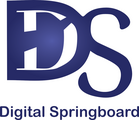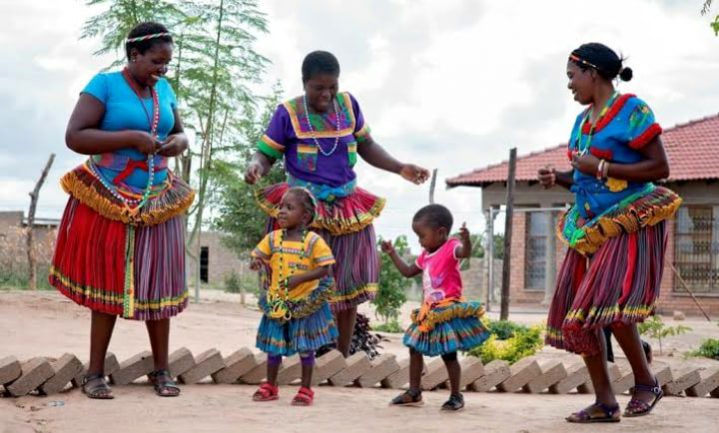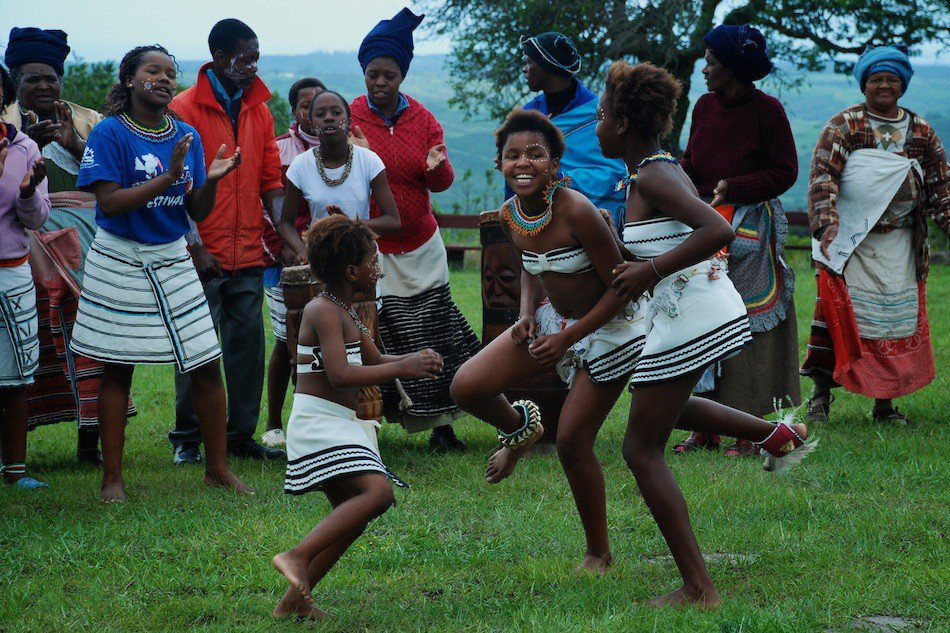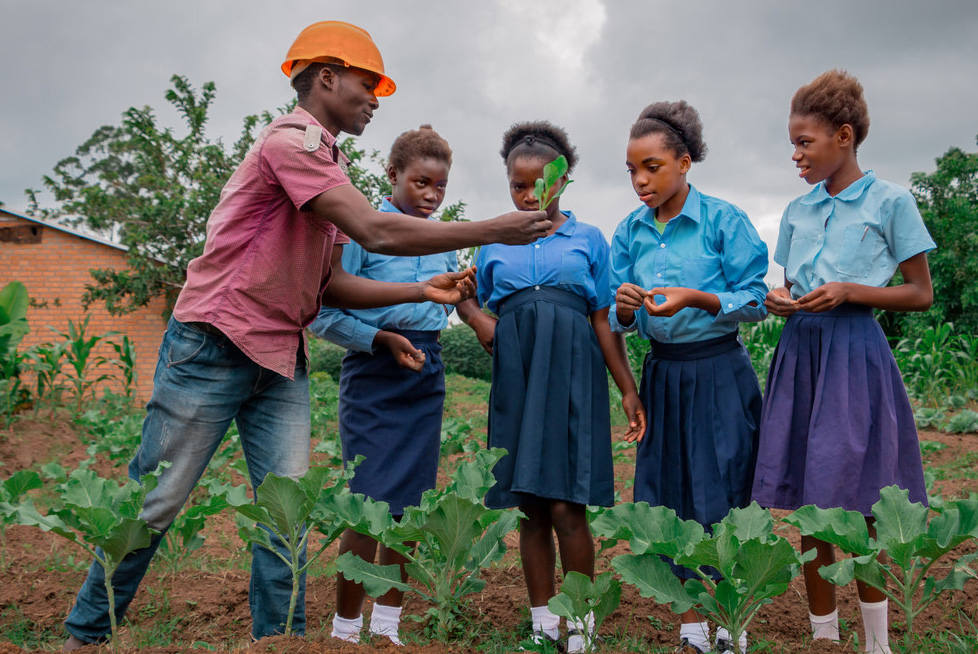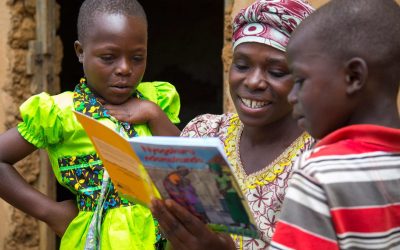Have you ever been in a situation, where someone tries to explain a new concept to you – whether academic or tech orientated – without the support of the physical elements to touch and assess, your mind starts to wonder and your eyes glaze over, you just remain baffled. You hear all the words independently and the language does not seem complex, but the elements do not create a clear picture in your head of how everything comes together. This grey area where everything feels as though you are looking at an object through fog is the world of the 2nd language English speaker. The message doesn’t make sense the first time around and sometimes the 3rd time around. It might hit you one day in the near future as you grapple with all the pieces of information but you need more time than the average joe to grasp the concept. For many it is not the concept that is complex but the language and dialect which require interpretation first. Some might ask who is the “average Joe”? – as others just smile and continue with the task at hand.
Mother tongue teaching helps decipher the grey and improves the visual picture for the learner to understand what is being taught quicker. As wonderful as it is to learn how to speak English, it is not always easy to understand the nuances of the English language. By developing a curriculum that teaches in English without the support of the mother tongue we start to break our children away from the culturally rich values of the African village. English text tends to use examples that are not relatable to the African cultural experience, as if overnight children can see into another world. Cinderella’s carriage was created from a pumpkin, to an African child that is good food.
I am a believer that you need both, you need the humility of the village with the economics of the modern economy to live a rich life.
For us as South Africans the challenge is finding the balance. What we encourage our children to achieve as parents and teachers is all they hear. We come from families that revere the English speaking child as being above the rest. Even if this child achieves nothing else, the grandparents say “ufundile lo umntwana” or “That’s an educated child”.
What our children become stems from who and what we praise and applaud in our daily lives, who we unknowingly aspire to be. Children are always watching the adults in the room and they latch onto certain concepts before any school lesson starts. This subconscious learning takes place all the time and it is the anchor of what our children aspire to be, it is how they choose heroes, careers, and friends.
How does one strike the balance? African languages need to come into the academic cycle with more intention. We, the African adults in the room need to create an innovative solution that makes our children comfortable with education as the outcome and not just the English language. The child that speaks their African language should also be revered and received as an educated child to the grandparents watching over them.
I am a commercial academic, I say this for me as I need to identify myself; however the concept might not exist in books across the world. What I mean by ‘Commercial Academic’ is that I am commercially trained, mostly business orientated and entrepreneurial but I have an underlying love for structured education and the African child.
As a young mother raising two young men, I loved to dance and sing and I would encourage my children to play their music loudly every day after work and school. It was my end-of-day routine, loud music ranging from rap to the latest and greatest dance choreography from the pop star of the time. My boys (for the most part) enjoyed it and often mimicked and danced along, learning the steps and showing me how talented they are. Fast forward 20 years and my oldest wants to be a musician, by this time he has won every accolade at the school talent show. On the opposite spectrum my youngest, never wants to be on a stage; he is almost phobic when it comes to performers and all things played at top volume.
By default, I influenced my children to make a decision about something that I held dear, music and entertainment.
Parents and guardians are the first and most consistent teachers in a child’s life. It is a role we should take very seriously.
